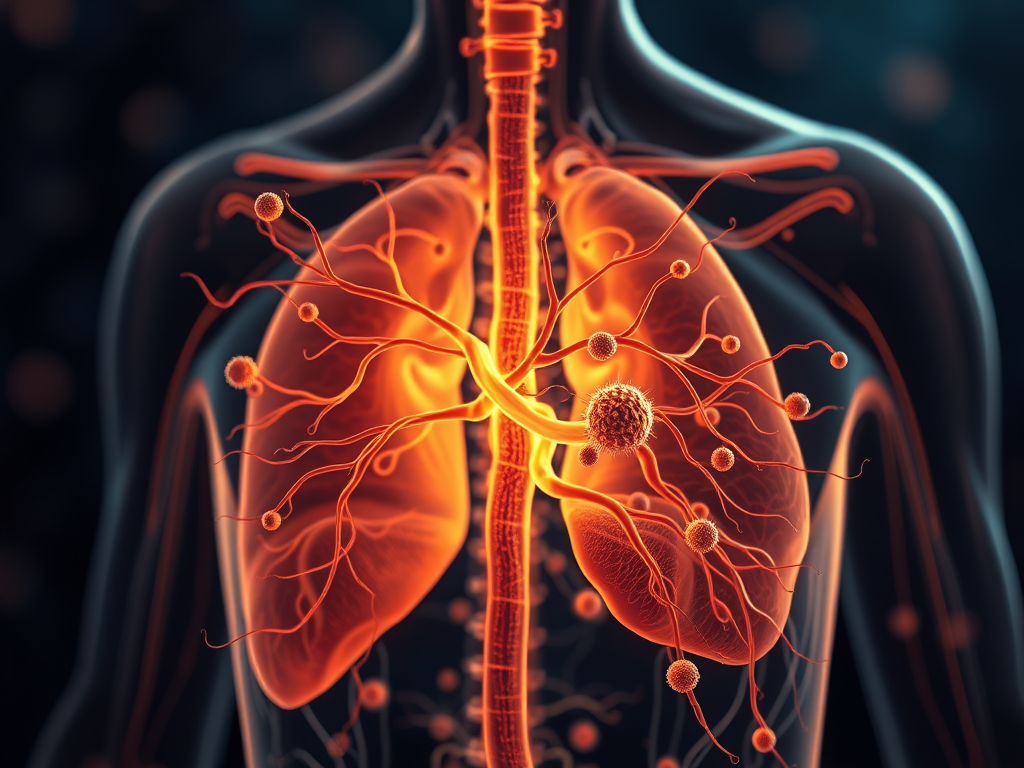what is lymphoma?


According to Mayo Clinic, Lymphoma is a type of cancer that originates in the lymphatic system, a crucial component of the body’s immune system responsible for combating infections and diseases. This system comprises lymph nodes, the spleen, thymus gland, and bone marrow. Lymphoma develops when lymphocytes—a type of white blood cell—undergo malignant changes and proliferate uncontrollably.
The two primary categories of lymphoma are (2024):
- Hodgkin Lymphoma (HL): Characterized by the presence of Reed-Sternberg cells, a specific type of abnormal cell. HL is relatively rare and often diagnosed in early adulthood or after the age of 55. It is considered one of the most treatable forms of cancer, especially when detected early.
- Non-Hodgkin Lymphoma (NHL): Encompasses a diverse group of lymphomas that do not involve Reed-Sternberg cells. NHL is more common than HL and includes various subtypes, each with distinct characteristics and behaviors. The risk of developing NHL increases with age, particularly in individuals over 65.
Common symptoms of lymphoma (2024) may include:
- Swollen, painless lymph nodes in the neck, armpits, or groin
- Persistent fatigue
- Fever
- Night sweats
- Unexplained weight loss
- Itchy skin
These symptoms can be nonspecific and may resemble those of other illnesses. Therefore, a thorough medical evaluation, including a lymph node biopsy, is essential for an accurate diagnosis.
The exact cause of lymphoma is often unknown, but several factors may increase the risk (2024), such as:
- Age (certain types are more common in specific age groups)
- Gender (some types are more prevalent in men)
- Family history of lymphoma
- Weakened immune system
- Certain infections (e.g., Epstein-Barr virus)
- Exposure to particular chemicals or radiation
Treatment options for lymphoma vary depending on the type and stage of the disease and may include chemotherapy, radiation therapy, immunotherapy, targeted therapy, or a combination of these. Advancements in medical treatments have significantly improved the prognosis for many individuals with lymphoma, making it a highly treatable condition, especially when detected early (2024).
Sources
Mayo Foundation for Medical Education and Research. (2024, December 20). Lymphoma. Mayo Clinic. https://www.mayoclinic.org/diseases-conditions/lymphoma/symptoms-causes/syc-20352638?utm_source=chatgpt.com





